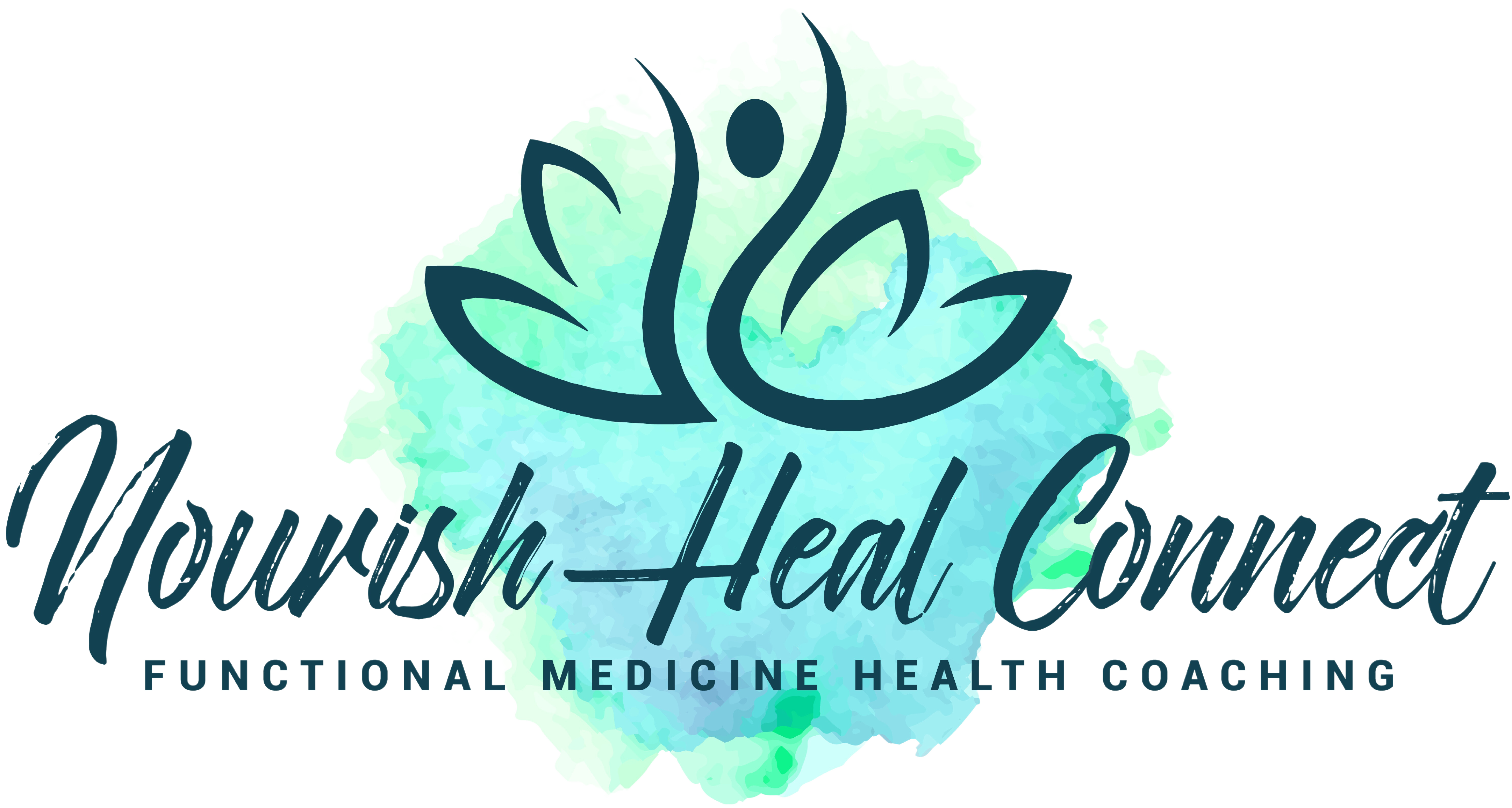3 compassionate, yet powerful ways of managing your stress
You see, it doesn’t really matter if the threat is real or imaginary. When we feel threatened, our brain and our bodies mount a stress response that is triggered immediately. And, unfortunately for many of us, our first reaction is often that of self-criticism which turns out to be neither helpful nor constructive.
In this post, I share with you 3 ways that you can cultivate a more compassionate response to this type of stress which allows you to deal with the situation more effectively by making wise decisions from a place of strength.
When things go wrong
Things go wrong all the time- our loved ones die, a marriage breaks up, a relationship goes bad, we lose our job. But when faced with the emotional pain of dealing with any kind of crisis, more often than not we turn to ourselves not with empathy or understanding but rather with shame and criticism.
This makes us feel even more inadequate and threatened, thus keeping us stuck and unable to move forward with our lives or asking for help. As a result, rather than facing our emotions and accepting that “I am feeling hurt or bad” we shift to thinking “I am bad“. We stop reaching out and shut down instead of accepting how we are feeling and showing ourselves some compassion.
While our bodies and brains are well equipped to deal with short periods of stress, it’s chronic stress which is harmful. Our bodies are designed to be in the sympathetic or “fight and flight” mode for a while before turning off this stress response and switching to the parasympathetic mode (or the “rest and digest” mode). Research shows that if we continue to remain in this survival mode for long periods of time, it creates havoc with our metabolism, hormones, digestion, brain, mood, and performance.
3 ways of cultivating a compassionate response to stress
Below, I share with you 3 steps that you can take today to cultivate a compassionate response to yourself or others when you are dealing with high levels of stress or a stressful situation.
1. Bring acceptance to what you are experiencing in the moment– this works if you can acknowledge how you are feeling and pay attention to it. Any moment that you notice a surge of a difficult emotion like anger, shame, remorse you can empathise with your experience instead of criticizing yourself or blaming others. Bringing acceptance means recognising the suffering and saying to yourself “ouch…this hurts” or “this is painful”, “I am hurting”
You can also ground yourself and connect to your pain by repeating these phrases to yourself
2. Practice intentional breathing– you don’t need to be a meditation expert or meditate to harness the power of your breathing to calm your nervous system in times of stress. Breathing is a powerful way to regulate our emotions by activating the parasympathetic nervous system mode which is the “relaxation response” of our body. One of the most calming exercises you can do is BOX BREATHING to a count of 4- breathe in ( to a count of four), hold to a count of 4, and then breathe out ( to a count of four) and then hold (to a count of 4). This kind of intentional breathing helps to activate the parasympathetic response
3. Care deeply without burning out– If we are called upon to take care of someone else (loved one, friend, family member, or even strangers who need your help), then self compassion allows you to care deeply without losing ourselves. When we are with someone who’s in pain, its completely normal to feel empathetic distress- to feel their pain inside us. It’s how we have evolved to cooperate with each other and survive over millions of years of evolution.
Compassion is what allows us to hold pain for another by connecting with and tending to our own pain first so that we can find a healthy balance between self care and caring for others. When we become too attached to the outcome of helping someone else we can start feeling resentful towards that person or believe that we are indispensable. By taking even a small break to care for ourselves spiritually, emotionally or physically can help us to restore our emotional balance and prevent burn out in the long run.
Compassion is a source of resilience
You need to remember that compassion is a source of resilience and you deserve compassion as much as anyone else. With compassion, you become mindful of your struggles and can respond with compassion and support in stressful times. As you learn to embrace yourself and your life just as it is, you find within yourself the strength that you need to deal with difficult times and beyond.
As the Dalai Lama has said,
“If you want others to be happy, practice compassion. If you want to be happy, practice compassion”
Infact, this is an area that we will be exploring in detail so that you can feel more motivated, empowered, and calm in my upcoming course
“Boost your emotional health: Build your radical self care practice”
This course will take you on a guided journey towards feeling more motivated, empowered, and calm so that you can show up for yourself and your family by building and sustaining a self care practice during stressful times and beyond. I can’t wait to share it with you!!
The VIP waitlist is now open! Make sure that you join the VIP waitlist and get first access to the course PLUS an amazing free VIP bonus once the course is launched!
JOIN THE VIP WAITLIST NOW!
